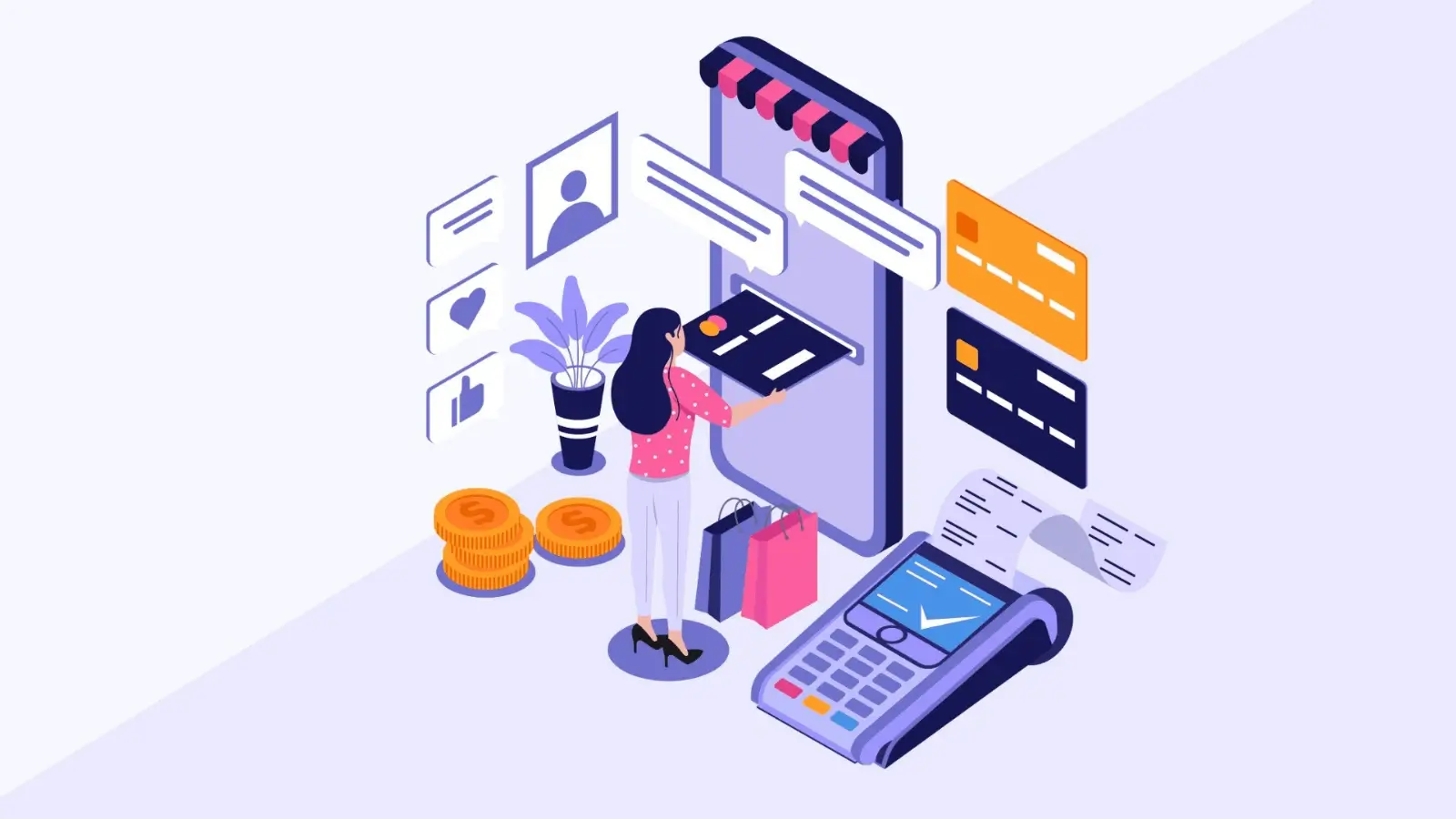Businesses need reliable and secure ways to authenticate transactions in the digital world. Today, payment integration has become a major part of commerce as you can easily accept payments online. In this blog post, we will explore the vast universe of payment integration from what it is and why it is crucial to different types for you to dive right into! We will guide you through all the important things to know about setting up your payment infrastructure–from learning more about payment gateways and selecting the appropriate integration method (or methods) for your app.
Understanding Payment Gateways
The payment gateway is the core element of any efficient payment integration. A piece of software known as a payment gateway acts as an intermediary between your website or application and the payment processor, securely transmitting payment data to authorize transactions. Many businesses today prefer using an online payment gateway to simplify checkout processes, improve transaction security, and support multiple payment methods for both domestic and international customers. It is the online analogy to a point of sale terminal in a physical store.
Types of Payment Integration Methods
Different payment gateways integrate in different ways—each to suit the tech-savviness of a business. Which integration method you ultimately go with comes down to things like your technical resources, the amount of customization you need, and just how risk-averse you are. There are payment gateway providers, and you can use the Stripe API to ensure your application integrates smoothly with it.
Integrating a Payment Gateway
Regardless of how complex payment gateway development is, there are some basic steps to follow. The first step is to select a new payment gateway provider. Experts advise considering factors such as:
-
Transaction fees
-
Supported currencies
-
The ease of API integration
After selecting a gateway, you will need to sign up and grab your API keys for your app to authenticate and interact with the payment gateway. Next, we add the payment flow within your application — this looks like capturing payment card data or sending customers to a hosted page for payments. Make sure to encrypt all payment data with HTTPS and the proper encryption. Ensure coding is well-tested for the payment integration in different payment scenarios — to ensure that transactions are processed correctly, and errors are handled properly. Check the Stripe docs or your provider for specific API calls and sample code. Just keep in mind that PCI compliance is an absolute must, and you should adhere to good practice across the industry when securing this kind of critical payment information, as well as delivering it securely to your customers. Integrate payment today!
Payment Integration Solutions
Ecommerce is a tangle of complexity, which is why businesses look for payment-integration and other solutions to make sure they are covered. From pre-built plugins for platforms such as Shopify, to custom API integrations — our solutions are flexible and designed to serve a variety of business use-cases. Shopify plugins allow even smaller businesses with less technical knowledge to integrate payment gateway options commonly used by customers, allowing them to accept payments for online sales in a timely manner. Most such plugins handle the technical part of payment processing, e.g. creating a payment form and sending data in a secure way, so it helps you avoid a lot of mess during the setup process. Available Payment Solutions: The right payment solution for you depends largely on the size and type of your business, your technical capabilities, and how much customization you need.
Larger businesses with specific needs on the other hand may want to consider custom API integrations. By integrating with the payment gateway API directly, this way you get very granular control over the checkout experience and can customize it to fit exacting business requirements. PCI compliance is mandatory for businesses handling card data, but additional security measures are also recommended. If you do some due diligence and use the right tools, then it should be a straightforward part of your operational flow.
Enhancing the Payment Experience
Bangladesh has many tech-driven business chances for people wanting to start a company. With e-commerce growing, there are lots of choices for online stores. Small firms like coffee shops or delivery services are getting popular because they don't need much money to start and are in demand.
By 2025, Bangladesh's business world should change, with new chances for local and global markets. People can try online tutoring, dropshipping, or catering, but need a solid plan to be successful. Using social media and having a good online image helps companies reach the growing online market. Bangladesh is a good place to start a small or medium-sized business. Good small business choices include bakeries, coffee shops, or rental services. Farming and other services also have potential because of the area's resources. There are also chances to start a delivery service or online gift shop. Bangladesh's changing market is good for startup ideas that don't need much money but could make good money. With the right company title, a plan, and hard work, anyone can start a business in Bangladesh.
Make sure payments are safe and personal info is protected. Trust badges, HTTPS, and PCI help build trust and improve checkout pages. Keep things short and clear. Error messages should be helpful. Check for mistakes early.
Good payment experiences should be:
-
Safe – Customers feel secure.
-
Easy – Checkout is quick.
-
Great – Customers can pay how they want.
A smooth checkout builds trust, sells more, and keeps customers coming back. Every online business should work hard to make checkout better.

















